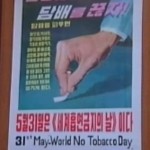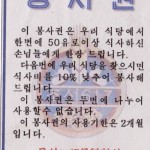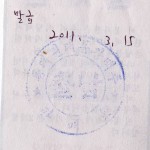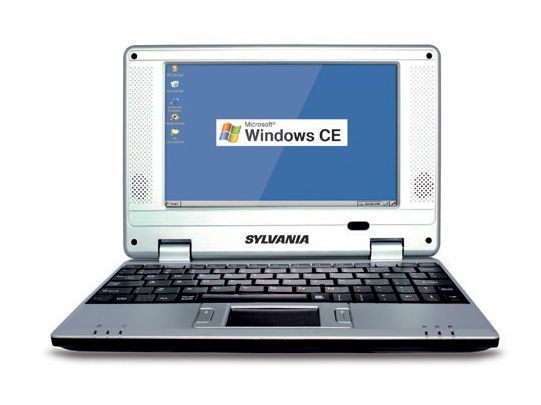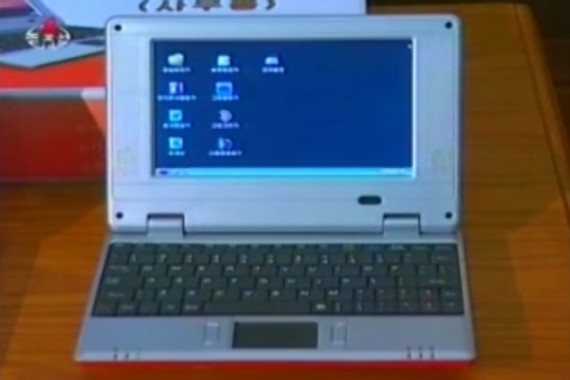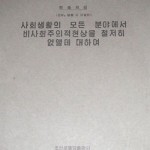Institute for Far Eastern Studies (IFES)
2011.05.26
On May 23, the DPRK released the “Outline of DPRK-China Joint Development Plan for Rason and Hwanggumpyong Economic and Trade Zone” consisting of detailed blueprint of two countries’ recent bilateral joint development deal.
According to Yonhap News, China and North Korea are planning to turn the Rason and Hwanggumpyong areas into a comprehensive industrial complex of tourism and manufacturing producing automobiles, mobile phones, agricultural and chemical products.
In addition, the Law on Rason Economic and Trade Zone and the Special Law on Hwanggumpyong Zone will adopt market economy principles which will permit foreign bank investments and independent contracts between corporations and workers. Although the development plans are not definite yet, it is significant since it hints at North Korea’s shifting position on opening up and economic development.
The bilateral development plan between Pyongyang and Beijing will stretch from Rajin, Sonbong, Ungsang, to Gulpo areas.
In the Rajin area, four major industrial complexes will be constructed consisting of storage, logistics and distribution centers, state of the art technology, and equipment, clothing and food manufacturing. In the Ungsang area, comprehensive a wood processing complex will be built while in the Gulpo area, a high-efficiency agriculture zone will be constructed. In the Sonbong area, truck manufacturing factories will be built along with other metal producing factories. In Rajin, docks will be built for ship building and maintenance.
There are also plans of developing the Rason area into an international tourism zone. There are immediate plans to build basic tourism infrastructure such as hotels, resorts, and roads for sightseeing. The long-term goal is to build a grand Northeast Asia tour course, which will include Yanbian of China; Rason, Chongjin, Mount Chilbo and Mount Kumgang of North Korea; Vladivostok and Sakhalin of Russia; Sapporo and Nakata of Japan; and Sokcho and Busan of South Korea.
As for the Hwanggumpyong area, four major industrial complexes will be established: one each for information, tourism and culture, modern protected agriculture, and food processing. More specifically, Hwanggumpyong will connect information between Hwanggumpyong and the border city of Dandong in China. In addition, culture and tourism will be developed through promotion of Arirang and other cultural performances and exhibitions.
As for the high-efficiency agriculture zone, a modern agriculture technology research center will be established and China-DPRK joint markets will be set up to serve as a central commerce center.
To assist with the industrial development in the area, land and sea routes will be developed where roads and railroads will be built and Rajin will be upgraded to a comprehensive and multi-purpose port.
There are additional plans of constructing a coal power station to replace the current thermoelectric power plant in Sonbong. There is also discussion of possibly developing other alternative energy plants, such as wind and solar. There are also plans of building basic facilities of mobile telecommunication to promote international communication.
Hwanggumpyong is an island on the Yalu River and the new developments in building ports and roads along with distribution network, Internet, and mobile telecommunication will become a link connecting North Korea with China.
Pyongyang is pursuing development through multiple cooperation channels. It has plans of establishing three-tiered cooperative system with joint management committee, joint development management committee and investment development corporation with Beijing. These committees will be responsible for amending and negotiating any issues that may arise during the process of development and supervise various areas of investments, enterprises, and environment and as well as inspect land and commerce development and basic facility operations.
Both Pyongyang and Beijing will attract foreign investments through market-based tax and financial policies in the Rason and Hwanggumpyong zones. Specifically, tax refund policy will be implemented and tariffs will be lifted from any imported equipment and materials necessary for production. The foreign investment companies will be allowed to choose their own banks or even establish financial institutions to assist in their business management.
In addition, workers and companies will be permitted to sign their own labor contracts. The companies will be granted autonomy in hiring and firing, pricing, bankruptcy, liquidation and other business practices based on market principles.
As for investment protection policy, foreign investors will be permitted to transfer or inherit profits and assets and foreign investor’s investments and assets will not be collected as national property by North Korea.


